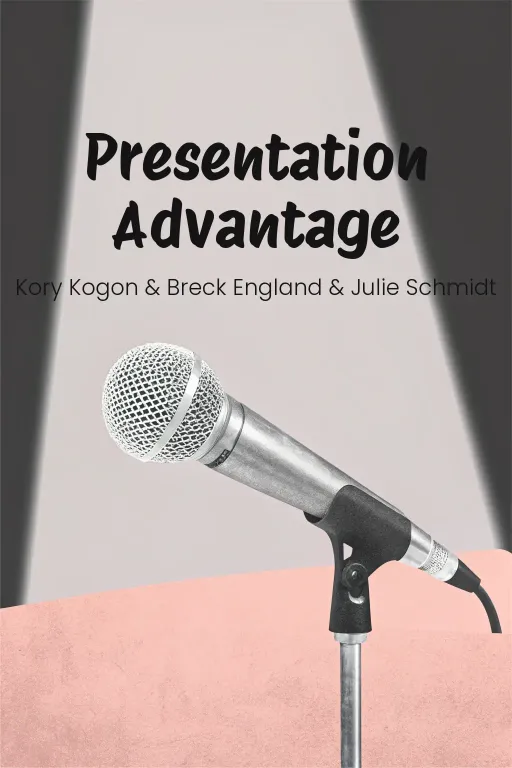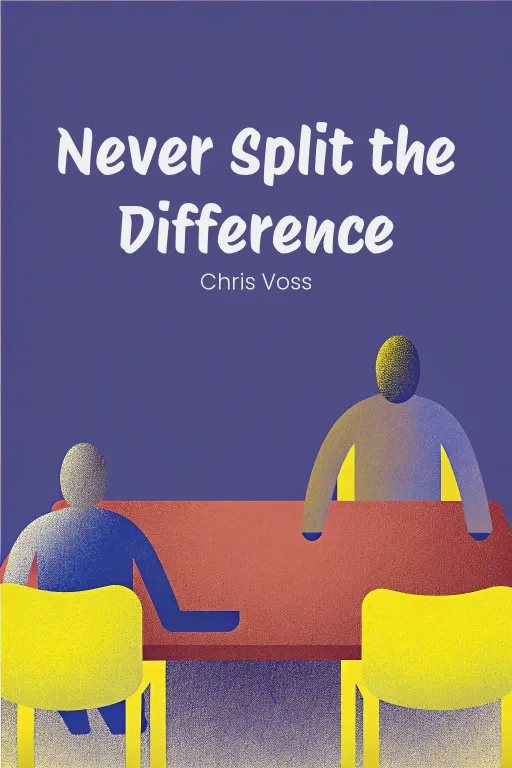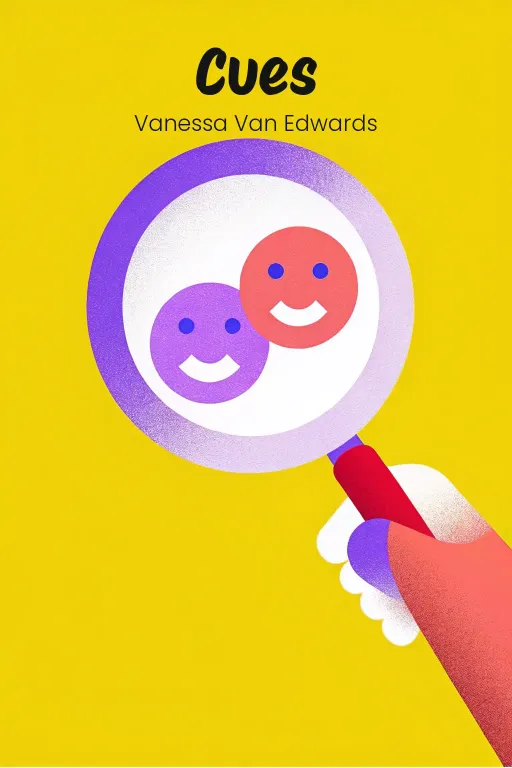
Decode Any Room: Emotion-First Negotiation
Podcast by MBA in 5 with Roger
Negotiating as if Your Life Depended on It
Decode Any Room: Emotion-First Negotiation
Roger: Ever walk away from a negotiation feeling like you left money on the table, or worse, damaged a relationship? What if the secret isn't being the most aggressive person, but the most emotionally intelligent? Roger: That brings us to the core idea from former FBI hostage negotiator Chris Voss's book, Never Split the Difference. The single most important thing to remember is this: Negotiation is fundamentally driven by human emotion, not pure logic. Voss argues that mastering tactical empathy – genuinely understanding and influencing the feelings and mindset of your counterpart – is the key. Think of negotiation less like a chess match focused on rational moves, and more like navigating a river. You must understand the emotional currents – the fears, desires, hopes – to steer effectively. If you remember just one thing, it's that addressing underlying emotions gets you further than logic alone. Roger: So how do we put tactical empathy into practice? It starts with active listening. Truly effective negotiation means listening intently not just to what people say, but how they say it – their tone, their pauses. Most of us listen to respond; Voss teaches listening to understand. A powerful technique built on this is mirroring: subtly repeat the last few words your counterpart said. If a client says, 'This timeline feels tight,' you might respond, 'Feels tight?' It sounds simple, but it builds subconscious rapport, makes them feel heard, and encourages them to elaborate, building connection even under pressure. Building on that rapport involves labeling emotions. Explicitly acknowledge the other person's feelings using phrases like 'It seems like you're feeling frustrated,' or 'It sounds like you're concerned about...' This validates their emotion without necessarily agreeing, diffuses negativity, and builds trust. Labeling a colleague's apparent stress – 'It seems like you're under a lot of pressure' – can transform a tense interaction. Then, guide the conversation using calibrated questions. These are open-ended 'How' or 'What' questions that gently make your counterpart feel in control while you gather information. Instead of demanding or stating limitations directly, ask 'How am I supposed to do that?' or 'What are we trying to accomplish here?' In a salary discussion, asking 'How can we align my contributions with the compensation structure?' focuses on collaborative problem-solving, not confrontation. Interestingly, Voss also teaches embracing 'No'. Hearing 'No' isn't failure; it often makes the other side feel safe and in control, paradoxically making them more open to listening later. It's the start of the real negotiation. Roger: Why is this book a must-read? Because it fundamentally reframes negotiation from a battle of wits to an exercise in understanding people, challenging conventional win-win platitudes. Its principles are universally applicable, from billion-dollar deals to daily interactions, equipping you with practical, psychologically-backed tools. Here’s your immediate action step: In your next conversation where you sense emotion, try labeling it. Just once. Say, 'It seems like you feel [the emotion].' Observe the reaction—it might just open things up unexpectedly. That’s your MBA in 5. Until next time, keep negotiating smarter.









